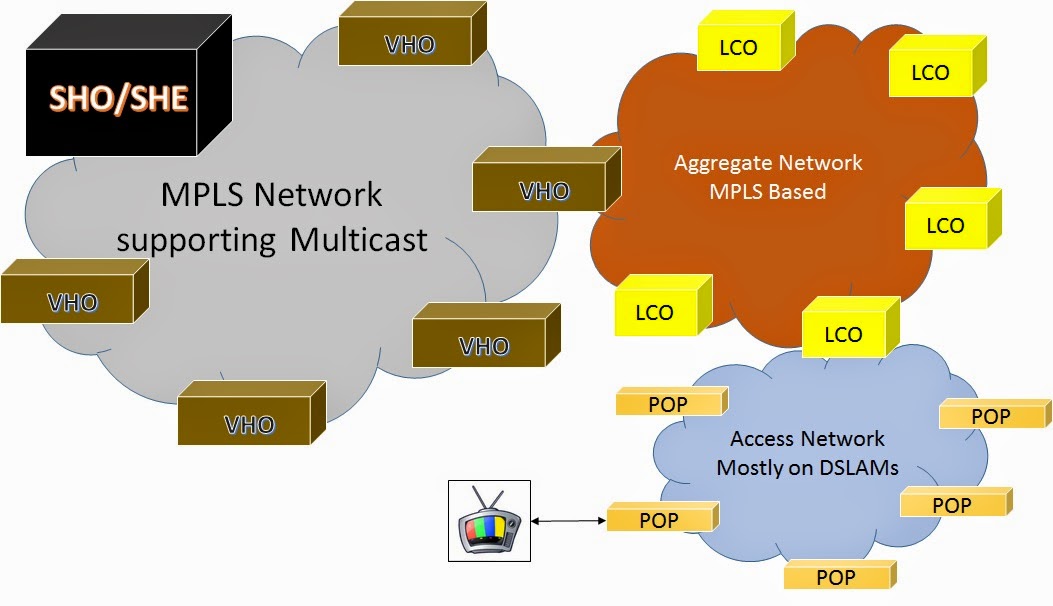IPTV means television services delivered through Web and broadband connection rather than radio frequency. IPTV is an efficient mode to offer public digital TV services. This does not mean that you will need to watch TV or video on computer using on-demand service or sites like YouTube.
IPTV enables to transmit an extensive array of channels on your home television unit via set top box. IPTV solution includes ‘Triple play bundles’ that is VOD, VoIP and broadband.
Things to consider before buying IPTV
- Package price
- Installation cost
- Optional features of broadband bundle
- Set top box cost
- Connection speed
For using IPTV, you will need to employ the services of broadband connection provider, who will provide the set top box. Majority of premium packages provide box and installation for free.
IPTV Future
Digitalization era has started and it is clear that analog has become lifeless. IPTV is said to open myriads of new opportunities to the users. Public will get more freedom and variety of programs to watch, at their own convenience. In addition, TV and internet unification allows enjoying from the lounge rather than computer room.
IPTV Evolution
Worldwide IPTV market is growing constantly and the estimate is around 20% yearly. To more and more number of operators share, they need to adapt this technology for providing best IPTV experience.
Undoubtedly competition is growing with increase of other digital services. By 2020, potential market value of IPTV is reported to be around $80 billion as analyzed by Transparency Market research report.
Thus, the growing figures signify that IP through TV is here to stay. IPTV will evolve and include new software along with better development models making the systems quicker. Changes will be executed rapidly with excellent service flexibility.
TV Operators vs. OTT
Consequently, the pay TV operators will experience tight margins because of increased content production and distribution right costs. Consequently, the pay TV operators will have to work with small profit margins, because of increased content production and distribution right costs. Therefore, from the point of view of pay TV operators, it becomes difficult for them to accommodate and handle OTT (over the top content) players.
At the same time, they will have to provide the best services. It will include –
- The embracing of adaptive bitrates streaming across unmanaged networks
- Installing cloud based software inside rapid development environment
- Supporting unequaled live channel streaming
- Speedy channel changing
OTT providers lack in providing excellent live channel streaming as well as rapid channel changing features, where IPTV vendors possess good experience. Thus, they can try to maximize enhancement around these areas.
Why let go Legacy Systems?
Besides, these areas IPTV vendors should adapt more sophisticated IPTV platforms including multi-screen and OTT environment. Unmanaged networks and support to lots of devices is going to escalate IP content delivery instead of traditional broadcast system.
Undoubtedly, IPTV vendors will have to adapt latest upgrades, so as to compete OTT players and stay ahead. Consumers pay for premium products and expect first-class services. Legacy systems may have to struggle in delivering the best, especially when they want to support many devices. Flexible and high quality services must be delivered flawlessly. Customers expect it and are aware that they can receive it.

